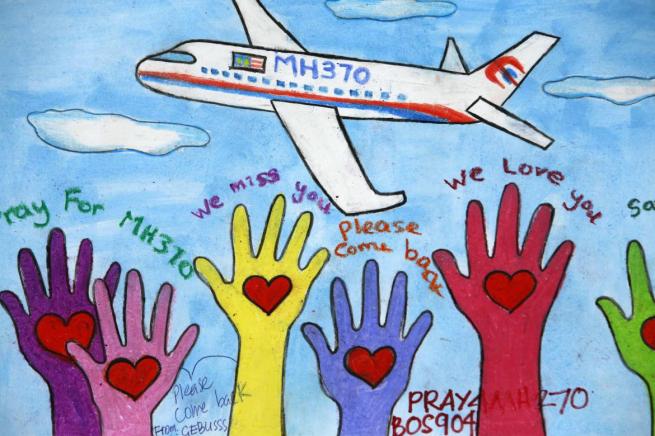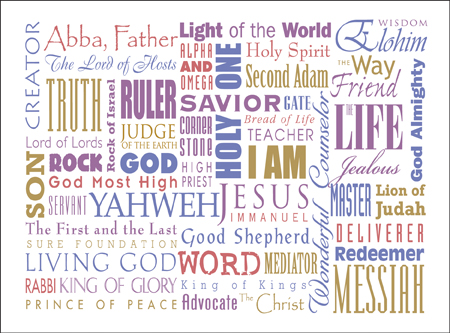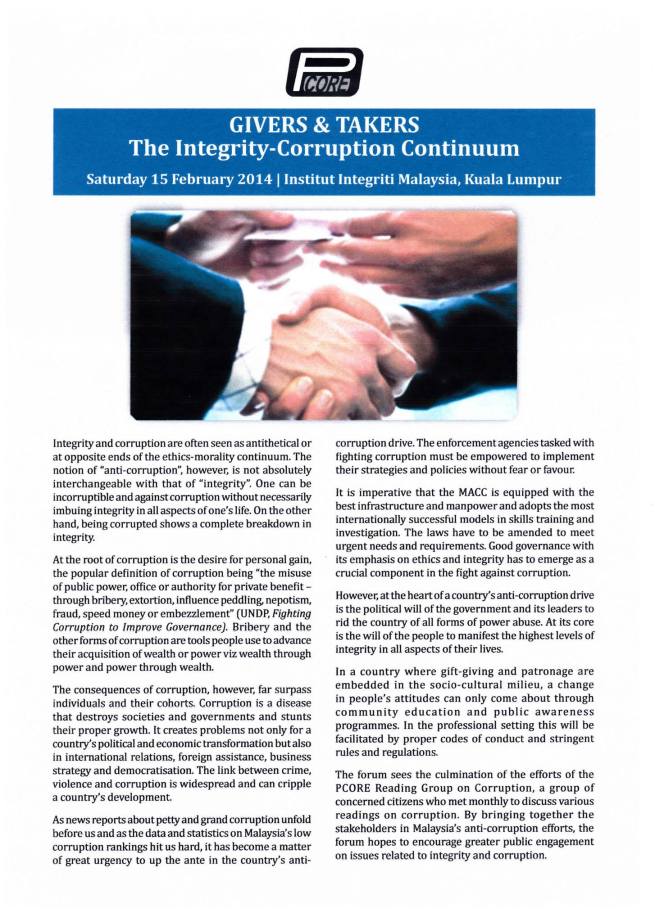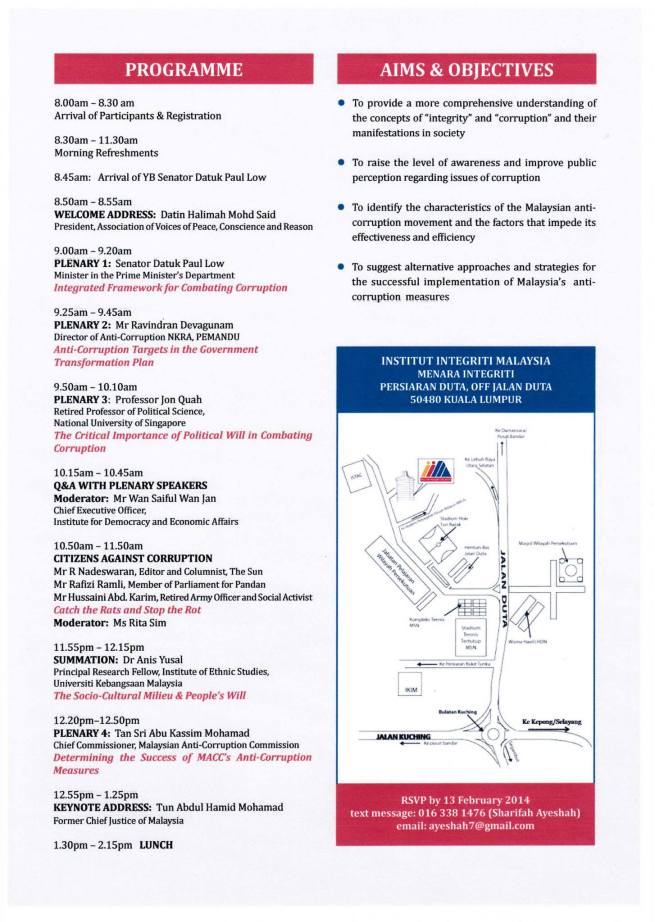LESSONS MY PARENTS TAUGHT ME
RITES OF PASSAGE
By Halimah Mohd Said
Birthdays are certainly rites of passage which mark one’s entry into the next year of one’s life. The first birthday I celebrated was my twenty first way back in 1967 when I was a second year University of Malaya undergraduate. The “party” I had at home was not with my family but with my varsity girl friends – Doreen, Phaik Kim, Soon Hock, Foong Kwan, Anucia – who drove down to No 4 Lake Road.
My parents did not consider birthdays an important rite of passage and did not see the need to formally acknowledge their children’s turning 21 years of age which, in many societies, marks the transition into full adulthood. Growing up In Seremban, the passage of time from one birthday to the next moved without a fuss: sans cake and candles to blow; sans sweets, savouries and fizzy drinks to gorge; sans balloons and streamers and all other trimmings to make the birthday party a blast; and without the beautifully-wrapped gifts to open with great anticipation. In our family luxuries were scarce as necessities were prioritised. My parents taught us to be frugal.
NEW SCHOOL YEAR
Instead, the transition from one school year to the next was deemed an important event in the family calendar, creating much stir among the siblings as we acquired new things: a new school uniform to replace the old one we had outgrown; a pair of new, stark white BATA shoes as last year’s discoloured ones were discarded; a new, bigger school bag for the thicker text, lab and exercise books. The first day of each school year was eagerly awaited for the ritual of going into the new classroom, meeting the new class teacher and interacting with our new classmates.
One year older means one class higher – the vital passage of time which marks our school-going years.
For me, the transition from nine years at the all-girls Convent of the Holy Infant Jesus to two years of sixth form at the co-ed King George the Fifth (KGV) in 1963 was especially exciting as it marked an important milestone in my educational and emotional development. I felt I had grown up. From the protective environment of a Convent education managed and taught by strict nuns and female lay teachers (except for Mr Siew, the Chemistry teacher), I was thrust into a school filled with an almost even mix of the two sexes both among students and teachers. This was indeed a significant rite of passage!
PRINCIPLES AND VALUES
The principles and values I picked up from my mentors – Miss Vanar, Miss Goh, Sister Ann, Sister Veronica, Mr Ung, Mr Andrews – have left an indelible mark on my character. They were the best role models and embodied the highest ideals of mentorship – committed, compassionate, concerned.
Learning is a pleasure when imparted by people who really care for you.
My father’s contributions to my two alma mater helped to hone in some great values in me and the young people he was blessed to serve. Being a doctor, he gave generously of his time and knowledge to provide free medical treatment to the Convent orphans, some of whom were sick and disabled having been abandoned by their parents. Every weekend Dr Said would visit the Convent sisters and their charges. With stethoscope and medicines in hand, he would examine the orphan girls and dispense the cough mixture and paracetamol. Those with more serious ailments were referred to the Seremban general hospital where he was a government doctor. His service to KGV was in the form of a series of evening lectures on genetics and inherited diseases, organised by the school biology club and opened to both students and teachers. Having taken numerous slides of patients with yaws, elephantiasis and deformities he would show them to the roomful of enthused audience. Thus the eager young minds were introduced to and inspired by the world of medicine.
The most outstanding set of values I learned from my father, teachers and mentors that best marks life’s rites of passage are immortalised in Rudyard Kipling’s poem IF:
PREGNANCY AND BIRTH
From my mother I also learned that in order to avoid the cruel hand of fate and the curse of disease and deformity, the traditional Malays observe certain cultural rites of passage which stem more from adat (customs) than the religion of Islam. These include the rites and rituals which mark the changes in a person’s life from one stage to the next. Later, I was intrigued to discover that many of the superstitions and beliefs upheld by primitive Malay and other communities are premised on scientific knowledge which, unknown to them, find their way into the life of the communites influencing their customs and practices.
As a young wife pregnant with child for the first time, I was told repeatedly by my mother never to tease or mock a person with a deformity lest the foetus I was carrying became inflicted with one. I was told by my mother in law to look only at photographs of beautiful people so that my child would grow to be a good-looking person. More importantly, my husband was told that my mengidam or pregnancy cravings in the first trimester had to be fulfilled lest I became kempunan (to be in a quandary, nervous, desperate because of an unfulfilled yearning) and an untoward incident befell me. And so, not wanting to disappoint my mother, I dutifully yearned for some of the most exotic dishes in her recipe collection – masak lemak cili padi, pencuk daging salai, dodol telur – sourced from her kampung Nyalas, my father’s kampung Linggi and the state of Pahang where they lived for eleven years. And so in my pregnancy I became a popular spokesperson representing the food cravings of other members of the family.
In the seventh month of my pregnancy, a ceremony called lenggang perut was held where prayers were chanted and a special doa’ selamat was read to ask for Allah’s mercy in granting me and the baby a safe delivery. Mak Minah Bidan, the midwife, performed the ritual of rubbing a paste made from herbs, lime and holy water all over my well-endowed stomach in front of a gathering of ladies. Prayers have a way of instilling hope and confidence in us mere mortals that the Almighty will heed our wishes and grant us a safe passage.
The birth of a baby is a significant rite of passage for the mother who has been carrying the fetus for nine months and undergoes a painful and traumatic delivery. Thus, she has to be given special food and care during the “confinement” period of thirty or forty days when she is literally confined to the home. Here she is given only healing foods foregoing the “cooling” foods such as watery fruits and vegetables.
Having a doctor father and midwife mother who were both western-trained, my confinement period was not too restricting and I was allowed to enjoy the daily serving of spinach, liver and chicken soup which in some conservative households were pantang or taboo foods. In the Malay kampung of old, women who had just delivered a baby were fed a daily diet of rice and salted fish and could drink only small amounts of warm water. Besides the dietary requirements, other healing procedures were observed such as body massage or urut to calm tense muscles. Traditional herbs and concoctions such as fresh turmeric, jamu and ma’jun were consumed to help restore the functions of the female reproductive organs.
Such is the respect for a mother in Islam, for heaven lies under the soles of her feet.
BLESSED AND BLESSINGS
For the newborn baby the first rite of passage takes place at about three months when the baby is blessed by family and friends. The simple ceremony is traditionally called jejak tanah (to step on the ground) but has evolved into an upbeat socio-cultural cum religious event called berandam surai (grooming). The ritual sees the introduction of the young infant to his community to invite their blessings and that of Allah.
For each of my twelve grandchildren, a majlis aqiqah was held where two goats were slaughtered for a grandson and one goat for a granddaughter and the meat cooked and served to guests. This religious sacrifice is to ensure one is assisted and protected by a beast of burden in facing the trials and tribulations in the next world. During the ceremony, besides the prayers and doa’, the infant is given a taste of dates and honey, the two foods considered most sustaining among Muslims.
In Sya Allah and God willing these social, cultural, religious rites of passage observed by parents and the values and principles they embody will endow their children and grandchildren with the blessings and confidence to manage their lives with ease in this world and for all eternity. Amen!
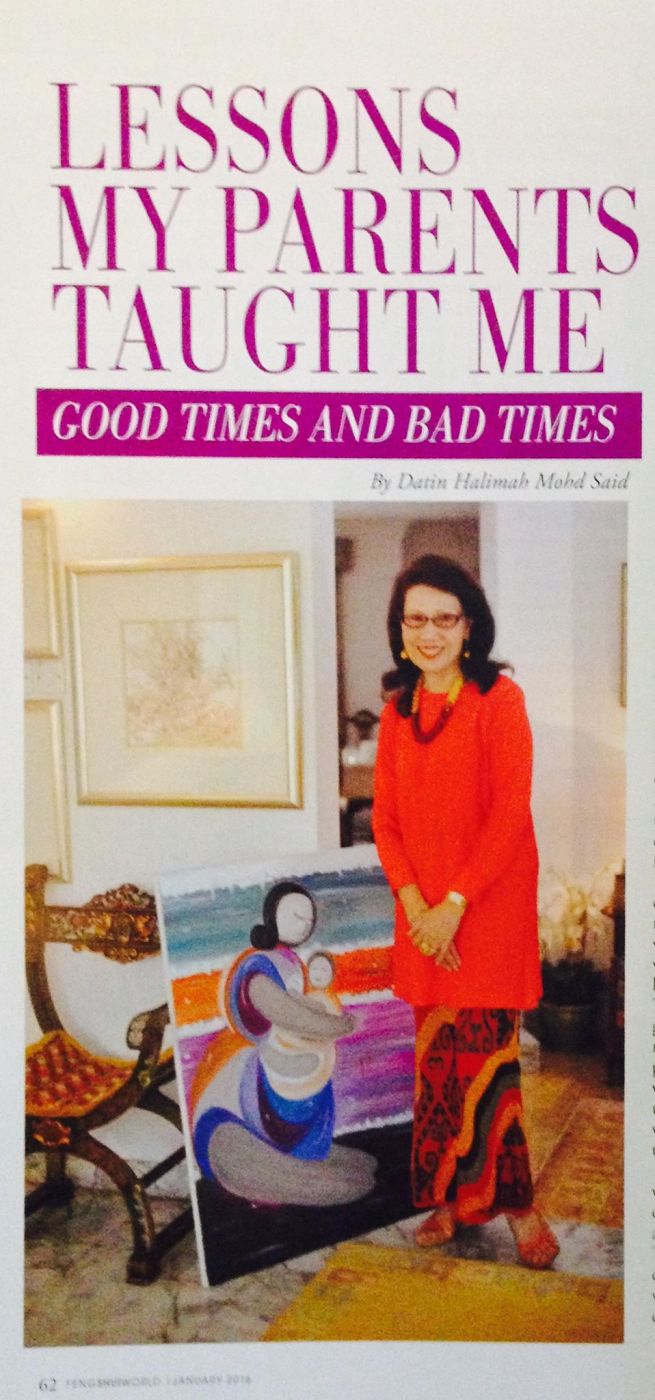 Salam everyone! My deepest apologies for disappearing from Nini Talk since my last posting almost two years ago – most irresponsible of me I know!
Salam everyone! My deepest apologies for disappearing from Nini Talk since my last posting almost two years ago – most irresponsible of me I know!